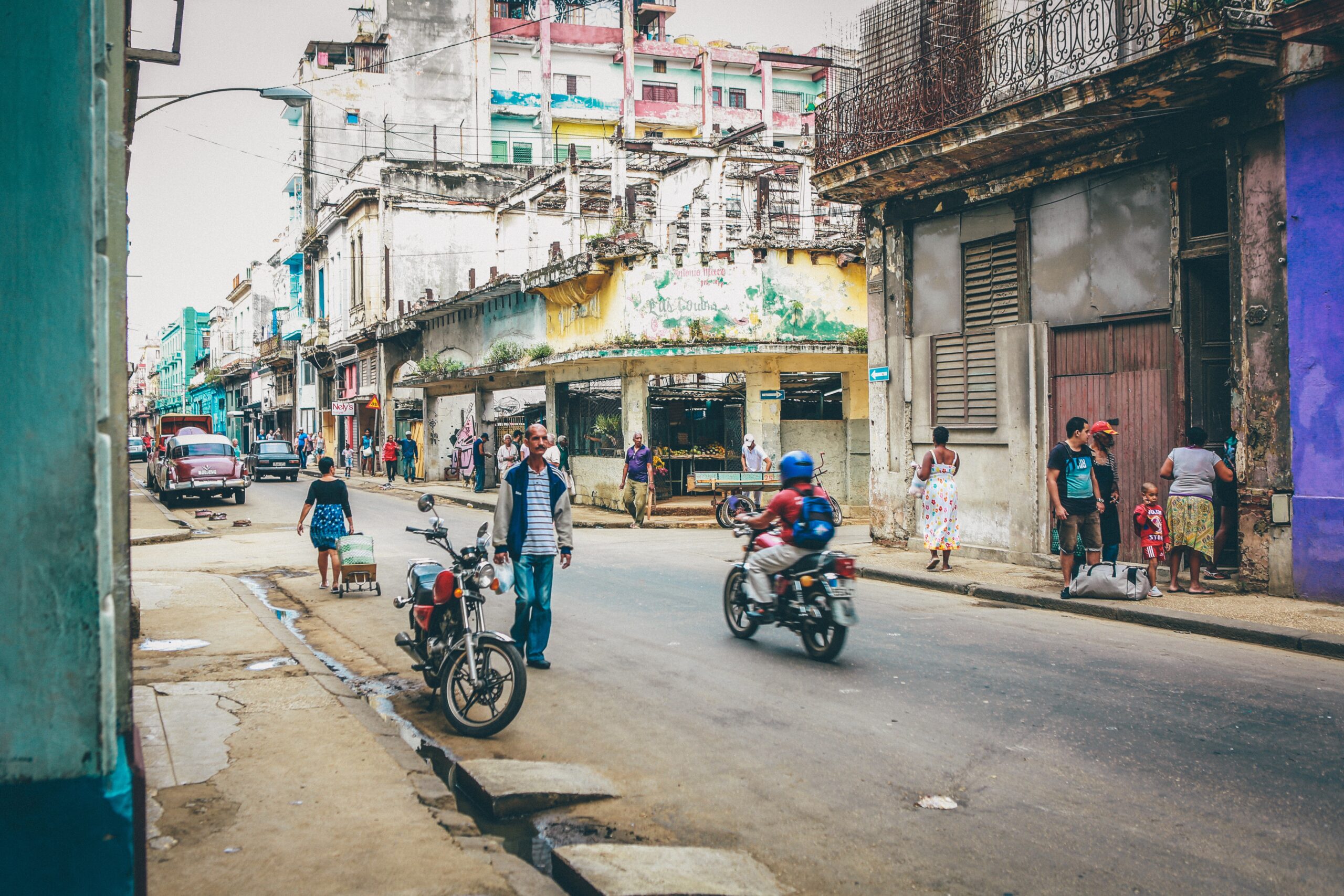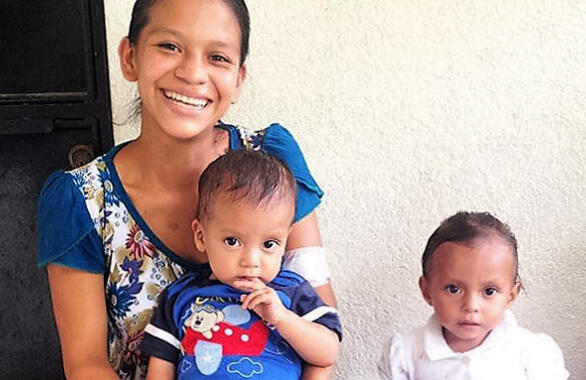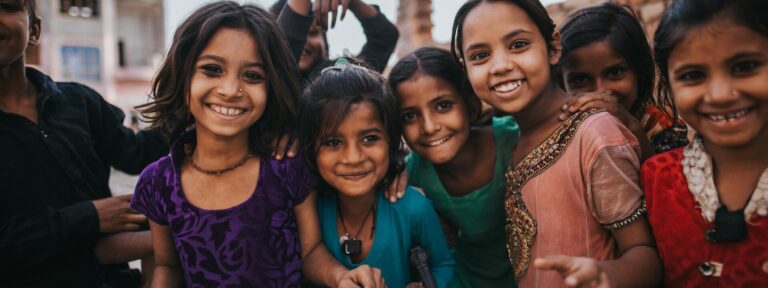
Poverty and development
Despite enormous gains in the wellbeing and economic circumstances of hundreds of millions of people, 10% of the world’s population still lives on less than $2 a day. High population growth traps individuals, communities and even entire countries in poverty. Achieving sustainable population levels, locally and globally, helps people achieve the dignity and standard of living we all deserve.
While billions enjoy an affluent style, more than a tenth of the world’s population live in extreme poverty today. Poverty is not a consequence of limited global resources, but political and economic injustice. However, the poorest people are almost always at greatest risk from environmental damage, climate change and competition for resources. The effects of unsustainable population hit the poorest first, and hardest.
About Population Matters
Population Matters campaigns to achieve a sustainable human population, to protect the natural world and improve people’s lives.
We promote positive, practical, ethical solutions – encouraging smaller families, inspiring people to reduce excessive consumption and helping us all to live within our planet’s natural limits. We believe everyone should have the freedom and ability to choose a smaller family. We support human rights, women’s empowerment and global justice.
Family size and poverty
The world’s poorest countries tend to have the largest family sizes and fertility rates. When people have no economic security and cannot rely on their government and a social safety net, they often have children to ensure they will be looked after when they are older.
The circumstances which lead people to have large families can contribute to a vicious cycle. Families living in poverty with large numbers of dependent children may perceive the need to take children out of education early or marry off their daughters at a young age. They will also often live in communities where access to health care, education and modern family planning is limited.
Poverty and the environment in rural Kenya
People in Barsaloi village explain how family planning empowers them and helps to protect their local environment.
Solutions
The recipe for ending population growth is positive and simple, and also leads to a better quality of life for all:
- Tackle poverty
- Provide universal access to modern family planning and quality education
- Empower women
- Promote the choice to have smaller families
If all of these methods are used in combination, they are most effective, and have secured dramatic reductions in fertility rates in many countries.

Population and women’s empowerment in Kenya
Wendo Aszed, Founder of our Empower to Plan programme partner Dandelion Africa, explains the challenge of rapid population growth in Kenya and how enabling women to access modern contraception has changed lives for the better.



